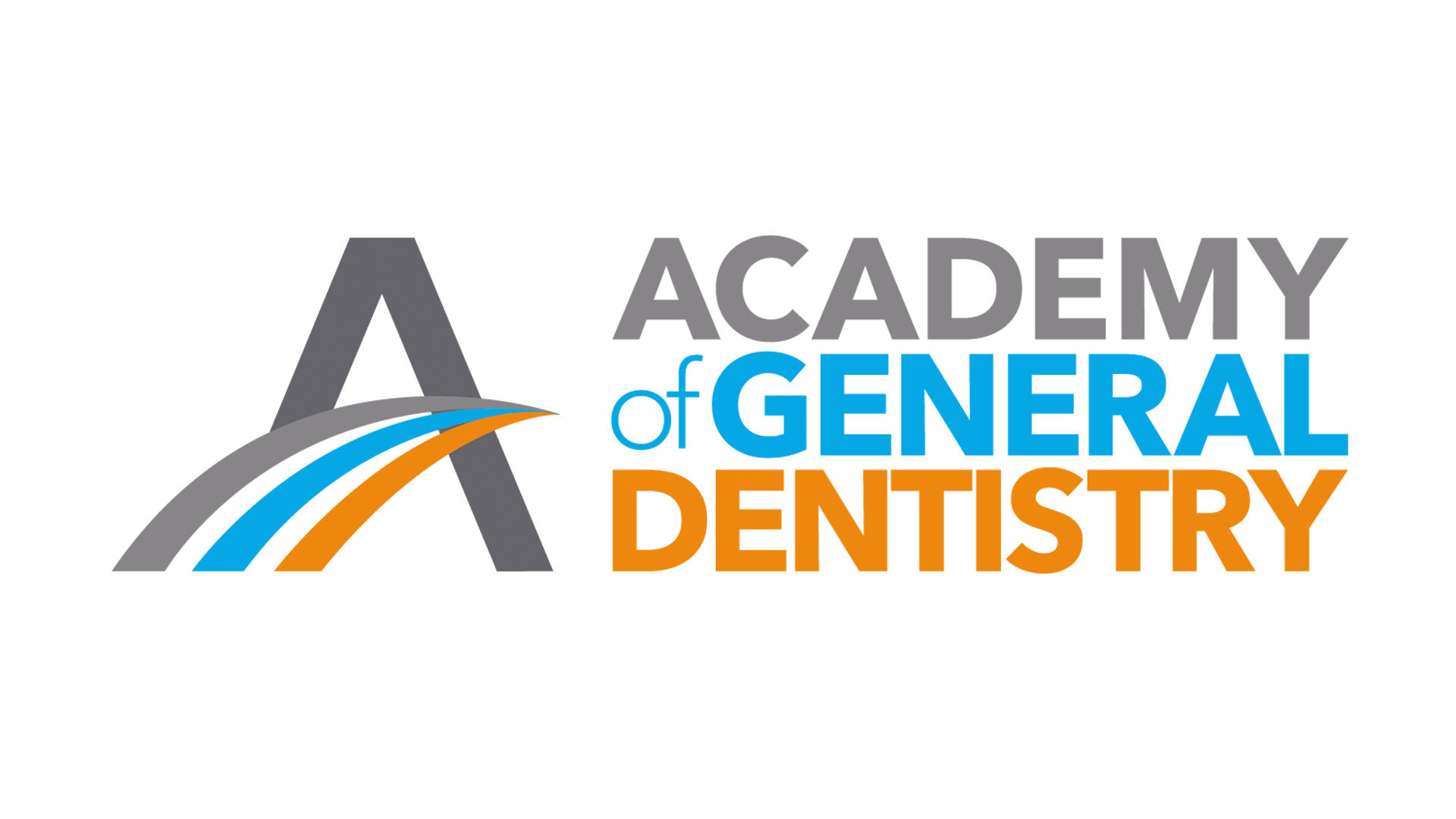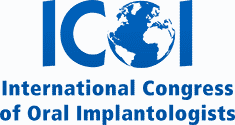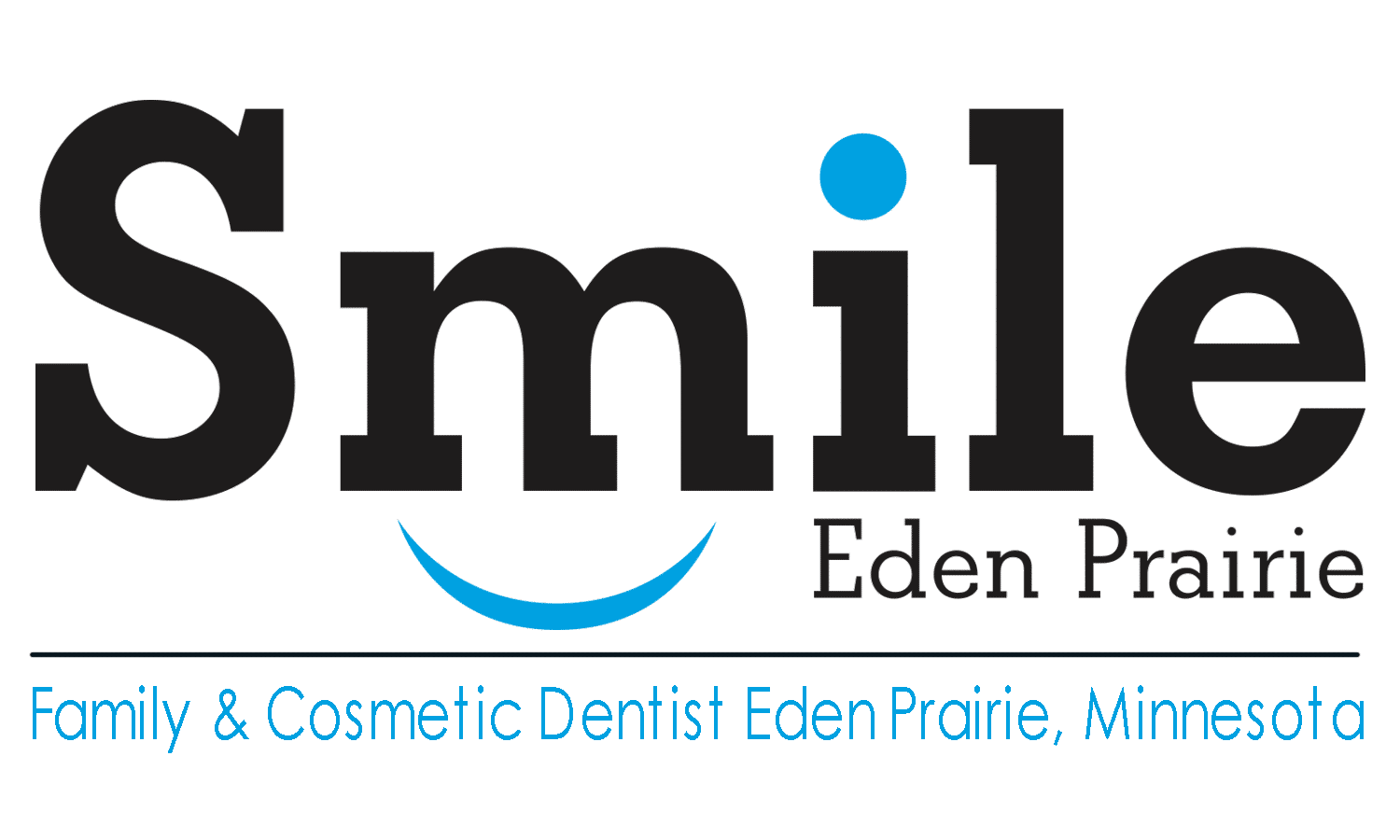Emergency Dentist
Dental emergencies can happen they are least expected. While no one desires emergency care, accidents do happen and it is best to be prepared if you are faced with a challenging situation. Call our dentist immediately with questions or concerns.
Below are some guidelines for handling various unexpected dental accidents:
- Bleeding: Bleeding is a common dental accident. It is a best practice to have an easily accessible first aid kit which contains a gauze pad. To stop or slow the bleeding, apply gentle pressure to the affected area with the gauze. If applying pressure does not help, call your dental provider or go to the nearest emergency room.
- Swelling: Swelling is another common issue found in dental emergencies. This is especially pertinent in accidents involving physical trauma. To help alleviate the swelling, apply an ice pack or a cold compress to the affected area. In addition to alleviating the swelling, the compress will aid in numbing the area, which will relieve some of the pain. If the swelling is caused by a tooth abscess, an appointment to obtain antibiotic treatment will be required.
- Pain: As discussed earlier, one of the best ways to alleviate pain following a dental emergency is through the use of a cold compress. There are also many over-the-counter pain relievers that can help minimize pain. For more severe emergency situations, a stronger medication or prescription from your dentist may be needed.
- Lost Permanent Tooth: A tooth falling out or being accidentally knocked out is another common dental emergency. If this occurs, it is very important to remain calm and follow these best practices. First, do not handle the tooth more than necessary, taking special precaution to not touch the root surface. Unless the tooth has fallen in a clean area, gently rinse the tooth with water, and if possible, put it back into place. If this is not possible, place the tooth in milk or in your own saliva and contact your dentist to schedule an appointment. For best results, try to have your tooth reinserted within one hour of the incident.
Scheduling a Dental Emergency Procedure
While it is important to know how to best handle a dental accident, it is also important to seek professional assistance for a case which is more serious. It is common to be uncertain about how to best handle an unexpected dental emergency. It is important to have a plan in place so you can respond accordingly if this type of incidence occurs.
The first thing you should do after assessing your situation is call your local dentist. This is true even if they are not open. The office will often have an emergency number to call. If you are able to schedule an appointment, you should be prepared to provide the following information:
- Details of what caused the event to occur, and if the issue the result of an accident or an issue that has been developing over time.
- When the event occurred
- The overall pain level
- Any medications you are currently taking
- Your overall dental health history, particularly any unique dental issues that may impact the type of care you will receive
If you are unable to set up an appointment with your regular provider, your next best option is to go to the nearest emergency room. It is best to avoid going to the emergency room for dental care due to the high cost involved. In addition, emergency room staff are not specifically trained to handle specialized dental emergencies. The staff will be able to assess how critical the issue is and recommend the appropriate steps to take. They can also provide medication to aid in any pain and/or provide antibiotic treatment to prevent infections from developing.
Interested in learning more about straightening your teeth? Ask our dentists about invisalign today.





Types of Emergency Dental Services
There following are various types of emergency dental services your dentist may perform:
- Extraction: The primary goal of you dentist is to help you preserve your teeth whenever possible. There are instances, however where the best option for your oral health is to have the tooth removed. If your tooth has become damaged to the extent that emergency care is required, they will initially provide a local anesthetic. This will numb the area around where the tooth removal will occur. If the tooth is broken below the bone, a higher level of sedation may be provided to put you to sleep prior to performing the surgical procedure. After you are adequately numb, the tooth will be extracted. Following the extraction, your dentist will schedule a follow up appointment to discuss your options for replacing the tooth.
- Bonding: Occasionally a dental emergency is the result of a tooth being chipped or cracked. In these instances, your dentist may treat the issue with dental bonding. This type of procedure is only sufficient for superficial chips or cracks; if the crack is significant enough and/or occurs below the gum line, it will likely need to be extracted to prevent infection.
- Root Canal: Your dentist may need to perform an emergency root canal if you have a tooth which has been fractured or abscessed down to the nerve for a long period of time. To prevent these types of issues from developing, it is important to schedule regular dental exams every six months. The regular exams allow issues to be addressed before they become an emergency. Generally, a root canal procedure takes place over the course of multiple visits. The focus of you initial emergency dental visit is to provide immediate pain relief and to remove bacteria that will cause the abscess to worsen.
- Medication: There may be instances when your dentist is not be able to perform the appropriate procedure to address your particular dental emergency needs. In these situations they can prescribe palliative medications to help alleviate any pain you are experiencing. They can also prescribe antibiotic treatment to help prevent infections from developing until you are able to schedule an appointment to thoroughly address your needs.
Contact Smile Eden Prairie
We are here to help you begin your journey towards the perfect smile! Please contact us to set up an appointment (952) 941-9829. At Smile Eden Prairie, we are passionate about your smile and committed to providing you with the quality care you need!
